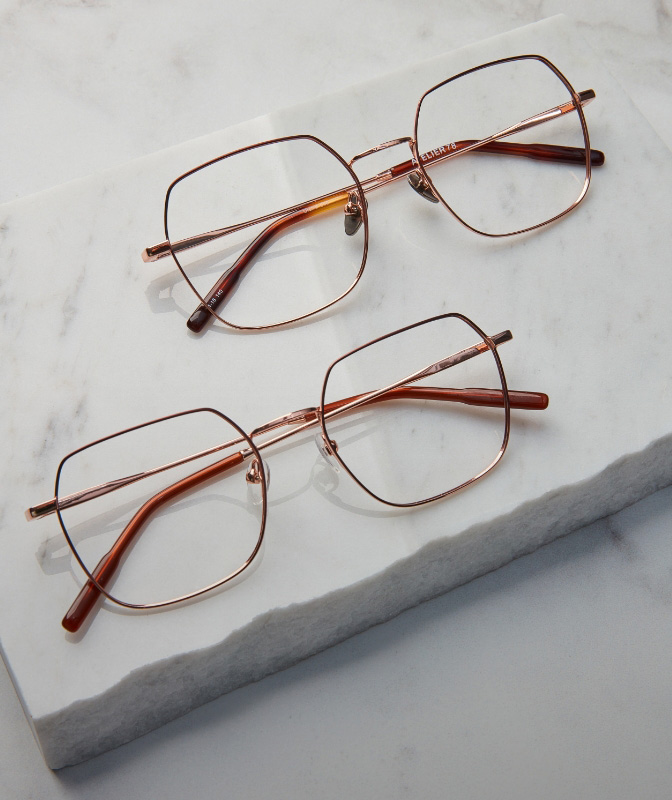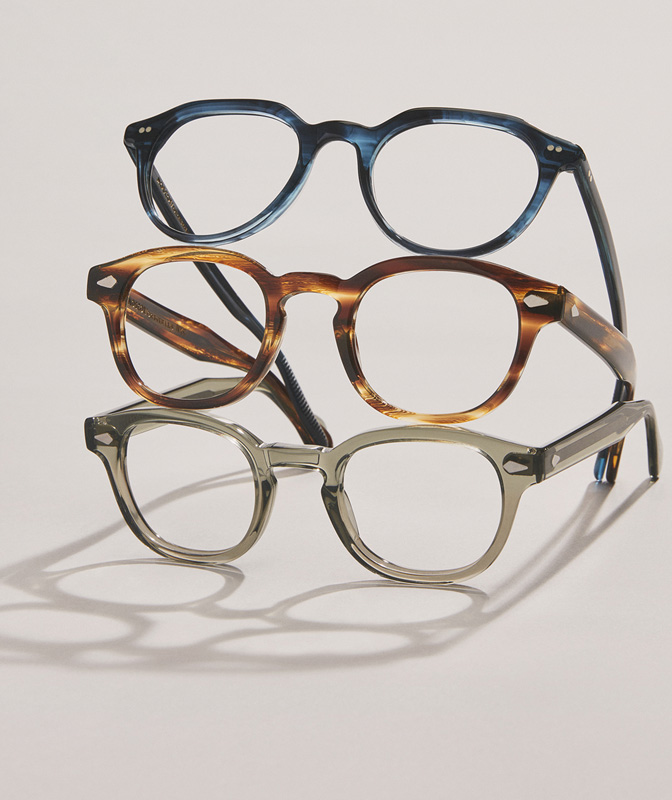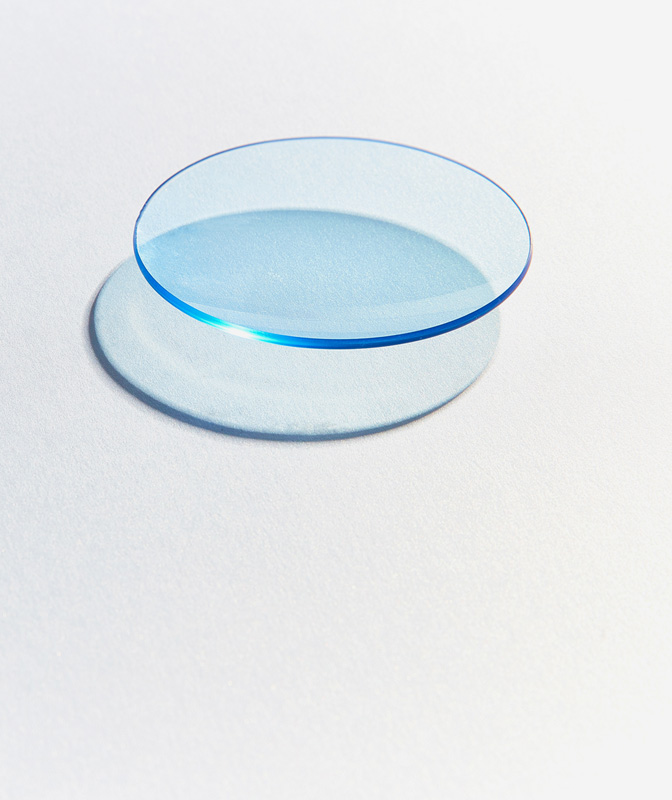There is indeed a lot of information circulating on the Internet on this topic - some true, some not. For instance, some people recommend wearing only your eyeglasses and not your contact lenses to limit hand-face contacts, while others are proving to be more reassuring.
Contact Lenses and Covid-19
According to Dr. Brousseau, you don’t need to change your habits, as long as you have impeccable hygiene. It is safe to wear your contact lenses if you are in good health, even with the coronavirus pandemic.
If you are healthy, the following hygiene measures must be followed to the letter. But of course, these hygiene measures should be followed on a daily basis, even in a “normal” situation!
- Wash your hands properly. Before manipulating your contact lenses or even your eyeglasses, make sure that you wash your hands properly with soap and water. When your hands are clean, wipe them thoroughly with disposable paper towels. If you wear contact lenses, you must repeat this step before inserting and removing your lenses.
- Disinfect your contact lenses. If you wear daily disposable lenses, you can simply toss your contacts in the trash at night. But if you wear monthly lenses, you’ll need to disinfect them as recommended by manufacturers. The advantage of wearing contact lenses is that once you put your contacts on, you are less likely to touch your face than if you wear eyeglasses, since we tend to adjust our frames frequently throughout the day.
If you are sick, it’s preferable to stop wearing your contact lenses. This logic applies whatever condition you are affected with. Whether it’s Covid-19 or a simple cold, it’s better not to wear contact lenses when you’re ill.
Eyeglasses and Covid-19
This probably won’t come as a surprise: it’s okay to wear your eyeglasses. But, you should disinfect them properly! Most people don’t know that it’s perfectly safe to wash your eyeglasses from stem to lens in soap and water using dishwashing detergent. It’s a simple way to disinfect your glasses, and you’ll see that your lenses will be even easier to clean afterwards! Avoid using a corrosive substance to clean them, as it can damage your lenses and frames.
Some viruses (such as Covid-19) can remain on surfaces for up to a few days! This means that the virus can spread from your eyeglasses to your face and then to your fingers, rather quickly.
This particularly concerns presbyopic people, because they usually wear reading glasses. Since they put on and remove their glasses several times over the course of a day, their eyeglasses are just like any other work tool (a computer mouse, a keyboard, or a pencil, for instance). In this case, it’s more crucial than ever to avoid touching the face! And since people who wear reading glasses are usually over 40 years old, their risk of being severely affected by coronavirus is higher.
Lastly, many think wrongly that because they wear eyeglasses, they are protected from being contaminated with Covid-19. In a way, eyeglasses do act as a shield but the level of protection is not sufficient to fully stop contamination.
A quick reminder of recommended preventive hygiene measures
In order to limit contamination, the following hygiene measures must be followed, whether you wear contact lenses or eyeglasses:
- Wash your hands. Wash your hands in soap and water for at least 20 seconds, especially if you’ve been in a public place or if you’ve blown your nose, sneezed or coughed. If you don’t have access to soap and water, antibacterial gel can be used. Whatever the solution used, you should always dry your hands meticulously with disposable paper towels after washing them.
- Avoid contact between your hands and face, especially if your hands haven’t been washed recently.
If you’re wondering if you’ve washed your hands properly, Dr. Brousseau advises: “Wash your hands as if you’ve just manipulated hot peppers and you’re about to put on your contact lenses! Only then will your hands be safely washed.”
Corona concerns?
If you are worried about your ocular health during the Covid-19 pandemic, know that our team of optometrists is still available to answer all your questions. Simply call the head office during opening hours.
We have also set up an emergency hotline for our patients aged 70 years and over. They can call us with any eye care problem, and our optometrists will advise them if they need a consultation.
Written in collaboration with Dr. Karl Brousseau, optometrist associated at the Mount-Royal boutique






